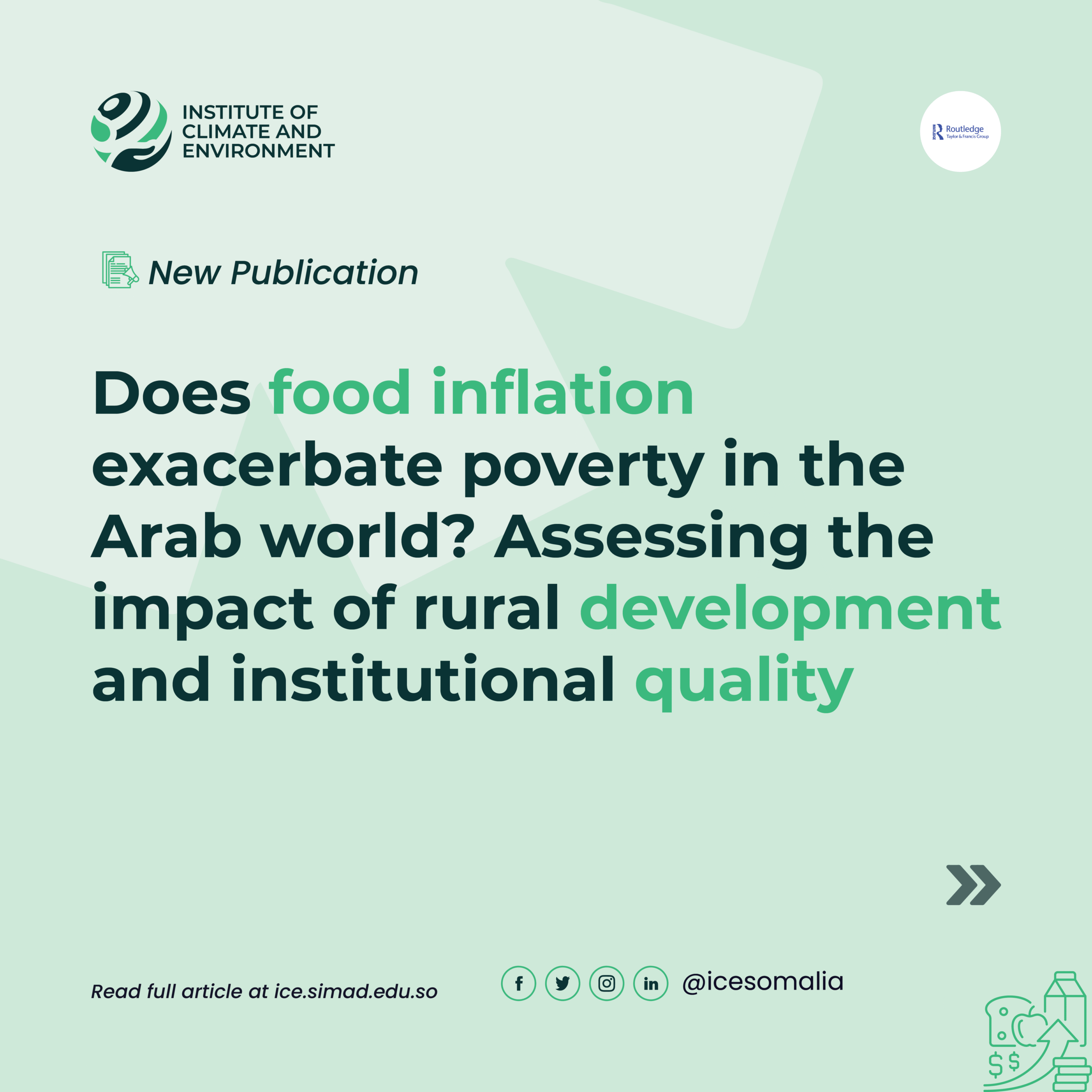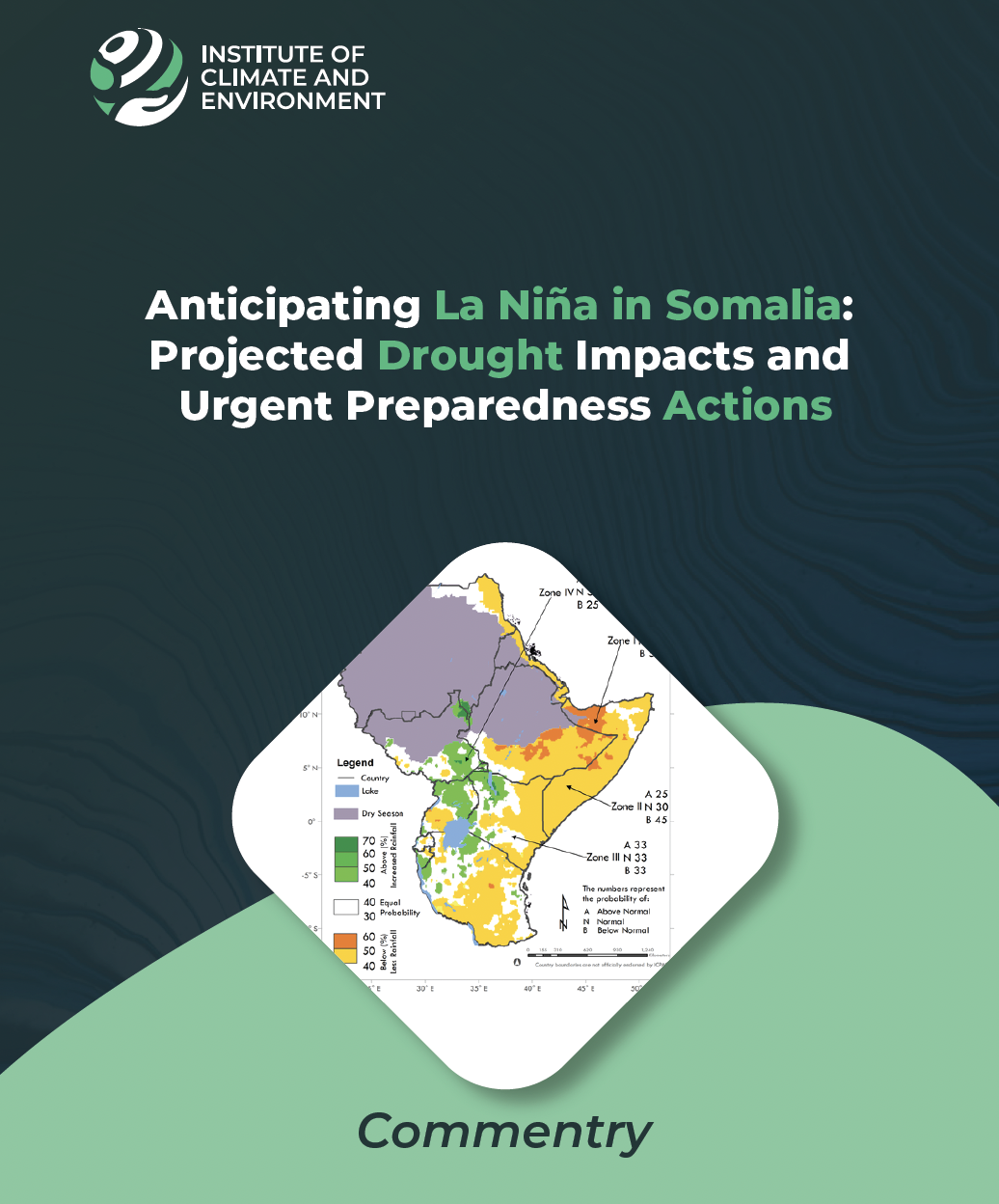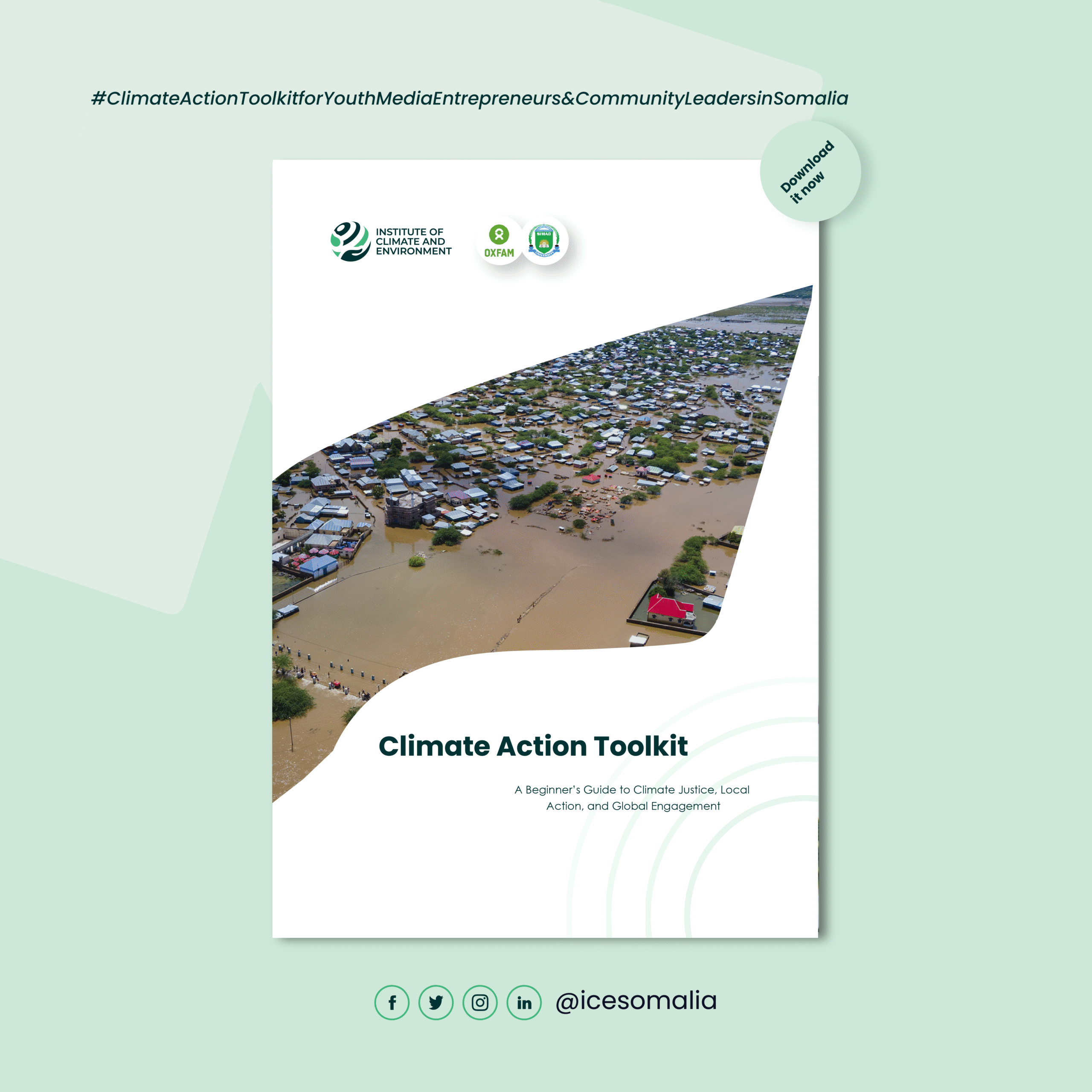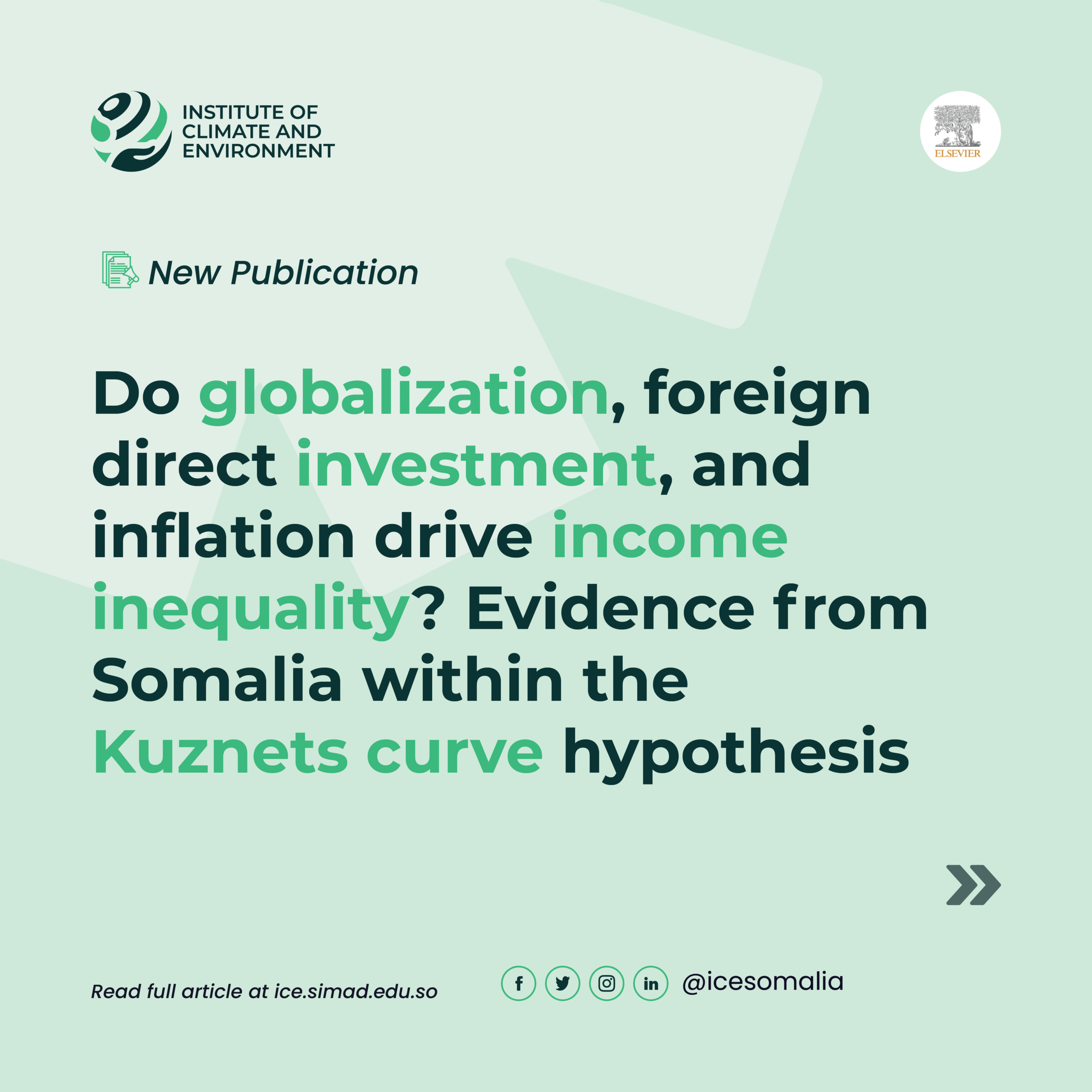
Investigating the impact of property characteristics, cost of living, and environmental factors on rental prices in Baidoa’s climate-affected real estate market: a hybrid approach using hedonic regression and neural networks
A groundbreaking study published in Frontiers in Sustainable Cities examines how climate conditions, economic factors, and property attributes shape rental prices in Baidoa, Somalia. Conducted by researchers from the Institute of Climate and Environment (ICE), SIMAD University, and other institutions, the study applies a hybrid analytical approach—combining hedonic regression models and artificial neural networks (ANNs)—to forecast rental price trends.
Key findings reveal that rental values are significantly influenced by property size, number of bedrooms, essential services like electricity, and the cost of living. Interestingly, political stability and displacement trends showed minimal direct impact on pricing. While the hedonic model provided clear insights into property value determinants, the ANN model captured complex interactions and non-linear influences, offering a more advanced predictive framework.
The study underscores the need for data-driven housing policies and climate-conscious urban planning to ensure fair and sustainable rental markets. The findings serve as a valuable resource for policymakers, real estate investors, and housing developers seeking to navigate Baidoa’s evolving real estate landscape.
Read and download the full paper!







